Software quality is an integral factor in today’s digital landscape. Software errors can profoundly impact efficiency, security, and user satisfaction. In an era where we increasingly rely on computer applications and systems, both in our personal and professional lives, maintaining software quality assurance is imperative.
This article explores the realm of software quality assurance services. These services play a pivotal role throughout the software development process, ensuring the creation of robust digital products that operate seamlessly.
Within these lines, we gain insights into the diligent efforts of software quality experts. Their mission? To uncover and resolve issues, guarantee flawless application functionality, and provide users with exceptional experiences. If you’re eager to delve deeper, discover the world of software quality assurance and how it can elevate your business. Let’s embark on this journey.
Quality Assurance Testers
Within the world of Quality Assurance (QA), a diverse array of services and approaches exists, each tailored to address specific facets of software quality. Below, we present descriptions of some of the most prevalent QA services:
- Functional Testing: Functional testing is centered on validating that the software aligns with its functional specifications. Testers meticulously examine software
- functions to ensure their intended behavior. This encompasses unit testing, integration testing, system testing, and user acceptance testing.
- Performance Testing: This service delves into the evaluation of software performance across diverse conditions, including scenarios with heavy loads or high concurrency. Performance testing helps identify bottlenecks and facilitates software optimization for streamlined and efficient operation.
- Security Testing: In the realm of software development, security testing reigns paramount. It is conducted to unearth vulnerabilities and risks within the software. Security experts meticulously scrutinize the software to uncover weaknesses that could potentially be exploited.
- Usability Testing: Usability tests concentrate on the user experience, evaluating the intuitiveness and ease of use of the software’s user interface.
- Compatibility Testing: Given the variety of devices and browsers available to users, ensuring the software functions seamlessly across all platforms is imperative. Compatibility testing guarantees the software’s efficacy on diverse computing environments.
- Test Automation: Test automation leverages tools and scripts to execute tests in a more efficient and reproducible manner. It proves especially invaluable in large-scale projects where manual testing can be both labor-intensive and prone to errors.
- Defect Management: This service encompasses the identification, logging, and tracking of software problems or defects. QA teams utilize dedicated tools to manage and prioritize these issues for resolution.
Software Quality Consulting: QA consultants offer invaluable guidance to companies seeking enhancements in their development and quality assurance processes.
Read: All You Need to Know About IT Strategies
Benefits of these Services
- Long-Term Cost Reduction: One of the primary advantages of quality assurance is the potential for long-term cost reduction. Identifying and addressing software issues in the early stages of development proves far more cost-effective than rectifying them post-release. QA significantly diminishes expenses associated with post-release fixes and ongoing maintenance.
- Regulatory Compliance: In regulated industries, such as healthcare or finance, QA assumes a crucial role in ensuring that software aligns with specific regulations and standards. Non-compliance with these regulations can result in severe legal and financial consequences. QA serves as a safeguard, assuring adherence to regulatory requirements.
- Increased Competitiveness: Delivering reliable, high-quality software can confer a competitive advantage. Customers gravitate toward products and services that function flawlessly and meet their expectations. QA plays a crucial role in enhancing customer satisfaction and bolstering an organization’s competitive position.
- Risk Reduction: Identifying and mitigating potential risks within software during the development cycle diminishes the likelihood of critical issues that could compromise security or data integrity. QA serves as a risk-mitigation strategy, fortifying the software’s robustness.
- Development Efficiency: QA goes beyond issue identification; it also identifies inefficiencies within the development process itself. By pinpointing bottlenecks and areas for improvement, QA enhances the overall efficiency of software production, fostering smoother development workflows.
- Facilitates Scalability: Bug-free, thoroughly tested software is more adaptable to scalability as user numbers or business demands expand. QA ensures that the software remains stable and reliable, even as it grows.
- Fast Time to Release: Through early issue detection and test automation, QA expedites the software release process. Timely identification and resolution of issues lead to faster time-to-market.
- Actionable Data Collection: QA delivers invaluable insights into software quality and performance. This data empowers informed decision-making for continuous improvement initiatives.
Analysts and Testers
In the software development industry, both the Software Quality Analyst and the Software Tester play vital roles, although their approaches and responsibilities may exhibit subtle distinctions.
The Software Quality analyst assumes a strategic role, focusing on the definition of quality strategies and standards for software development. Their primary responsibility lies in devising meticulous testing plans and collaborating closely with software development teams to ensure optimal functionality. They also shoulder the responsibility of overseeing risk management and proffering process enhancements to elevate product quality. While they may be involved in test planning and design, their primary emphasis remains on the strategic aspect, guaranteeing adherence to best practices and quality standards throughout the software lifecycle.
In contrast, the Software Tester adopts a more hands-on approach, concentrating on the execution of specific tests to pinpoint defects or issues within the software. This entails the creation of test cases, the execution of both manual and automated tests, logging and documenting discovered bugs, and collaborating with developers to rectify issues. Testers bear the crucial responsibility of ensuring that the software aligns with functional and performance requirements, ultimately striving for a bug-free product before release. Their duties revolve around the identification and resolution of precise code and functionality issues within the software.
About DigiTech
DigiTech is an established international quality assurance company with a rich history of expertise in the development of technology projects across companies of varying sizes. Our unique approach is rooted in “friendshore” establishing us as a trusted Latin American quality assurance partner and IT staff augmentation provider of unwavering reliability and assured high quality.
If you’d like to know more about our products and services, please contact us.


